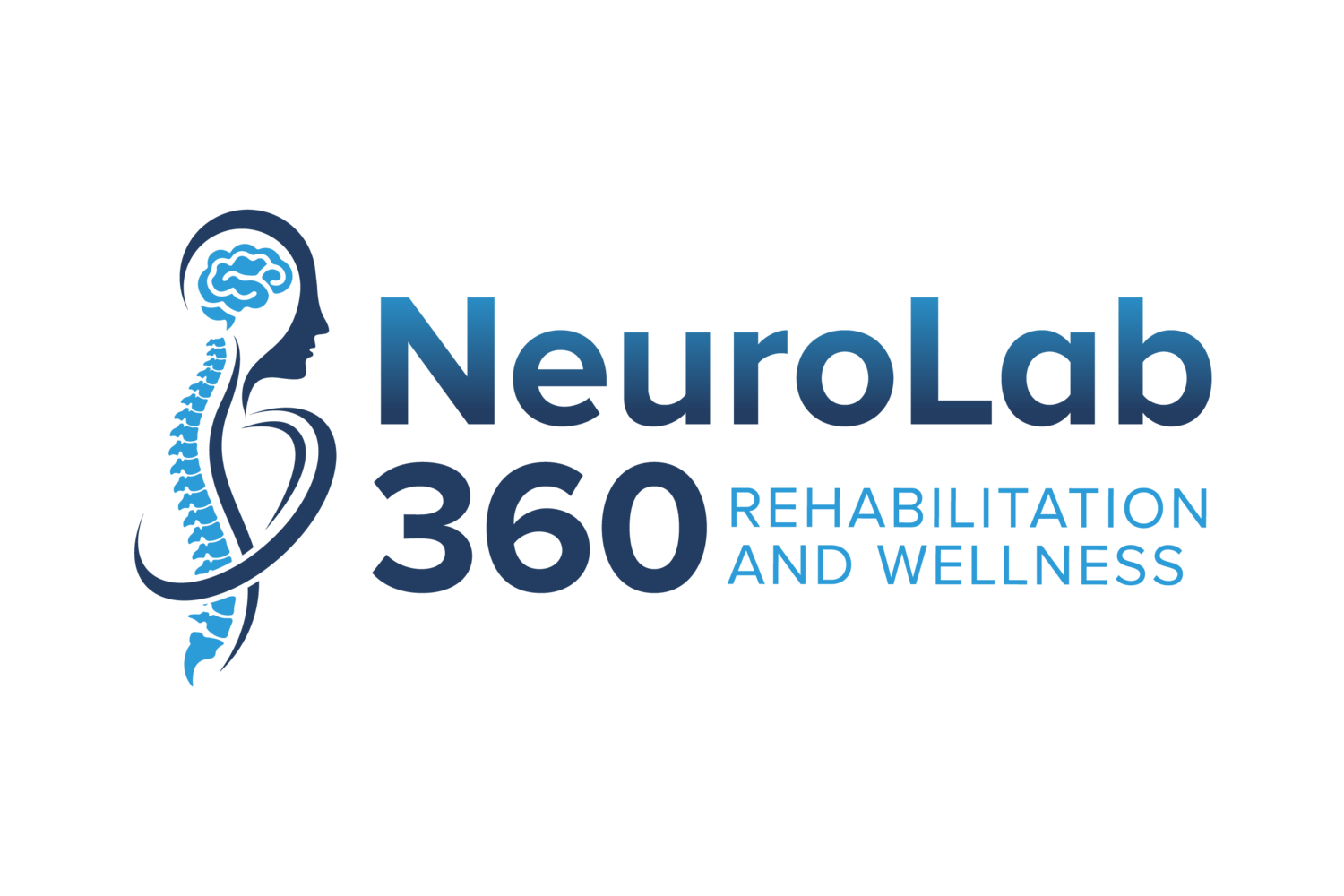Reduce Stress Post Stroke
Chronic stress: When stress is constant and your body is in high gear for days or weeks at a time. Chronic stress may lead to high blood pressure, which can increase your risk of heart attack and stroke.
As stress manifests, it can slow your brain's recovery from a stroke. (strokeOT.org)
Stress can be triggered by many challenges you are now facing post-stroke. Long-term activation of the body's stress response system may put you at risk for health troubles like:
digestive problems
anxiety
headaches
increasing spasticity
depression
sleep problems
weight gain
memory and concentration issues
high blood pressure
Pain
Negative psychological health/mental health is associated with an increased risk of heart disease and stroke and can lead to secondary conditions such as:
Depression
Chronic stress
Anxiety
Anger
Pessimism
Dissatisfaction with life
Various relaxation techniques are found to significantly reduce stress levels:
Deep Breathing: Breathing exercises such as Box breathing and Pursed lip breathing are known to reduce stress, decrease heart rate. (See image below)
Mental Imagery Visualization: Mentally picture a calming, comfortable and safe environment. Think about all senses (touch, smell, sound, sight, taste). This is known to mentally and physically relax the body.
Music: Listening to calming music or sounds reduces stress levels.
Progressive Muscle Relaxation Meditation: Mentally picture your body relaxing one body part at a time, starting from the toes and slowly moving up to the head.
Open Communication: Talk therapy can be very beneficial in reducing stress levels, with both professional guidance and casually with loved ones. The Stroke Foundation offers free talk therapy resources. (https://thestrokefoundation.org/)
Journaling: Writing down emotions is a beneficial way to reduce anxious feelings.
Yoga/exercise: All forms of physical activity are shown to improve energy levels and improve overall mental health.
Aromatherapy: Different aromas like laventer, chamomile, and cedarwood are known to be a good calming strategy. Can be used with a diffuser, spray, tea, and candle.
Deep Breathing Exercise
Progressive Muscle Relaxation Technique
Sources: StrokeOT.org, American Stroke Association, Stroke Foundation



